A combination of two of Musil's books: Drei Frauen (1924) (Three Women – a collection of three short stories) and Vereinigungen (1911) (Unions – a collection of two short stories).
The recent translations of The Man Without Qualities and Musil's Diaries have shown why the Austrian writer is often thought of as Germanic literature's Proust, and this newly translated English version of his five hefty stories demonstrates that the novelist's work in shorter fiction also bears his distinctive iconoclastic, bold signature. Opening the volume are a trio of tales, two of which, "Grigia" and "Tonka," investigate the sexuality of peasant women. Musil's cerebral style seamlessly executes his explorations of the mind/body duality, the ways society and intellectual life affect, but do not eradicate, the truth of the carnal body. His attitudes toward femininity oscillate between fear, disenchantment and adoration, and in stories written over 75 years ago, this range of perception will be tantalizing for readers who value innovative classics. (From Publishers Weekly)
The recent translations of The Man Without Qualities and Musil's Diaries have shown why the Austrian writer is often thought of as Germanic literature's Proust, and this newly translated English version of his five hefty stories demonstrates that the novelist's work in shorter fiction also bears his distinctive iconoclastic, bold signature. Opening the volume are a trio of tales, two of which, "Grigia" and "Tonka," investigate the sexuality of peasant women. Musil's cerebral style seamlessly executes his explorations of the mind/body duality, the ways society and intellectual life affect, but do not eradicate, the truth of the carnal body. His attitudes toward femininity oscillate between fear, disenchantment and adoration, and in stories written over 75 years ago, this range of perception will be tantalizing for readers who value innovative classics. (From Publishers Weekly)
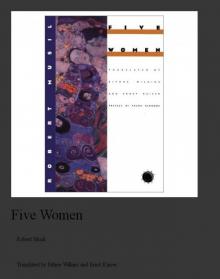
 Run Charlie Run
Run Charlie Run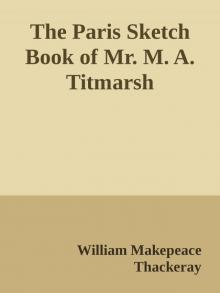 The Paris Sketch Book of Mr. M. A. Titmarsh
The Paris Sketch Book of Mr. M. A. Titmarsh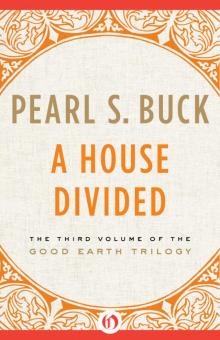 A House Divided
A House Divided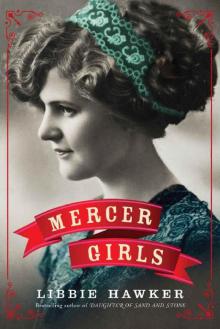 Mercer Girls
Mercer Girls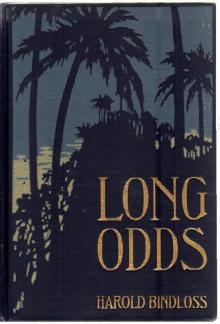 Long Odds
Long Odds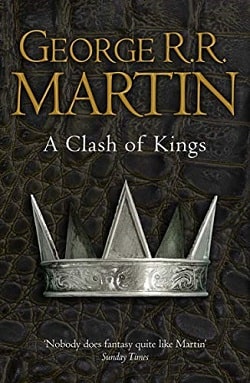 A Clash of Kings (A Song of Ice and Fire 2)
A Clash of Kings (A Song of Ice and Fire 2) Along the Infinite Sea
Along the Infinite Sea Sea Angling Rig Book
Sea Angling Rig Book